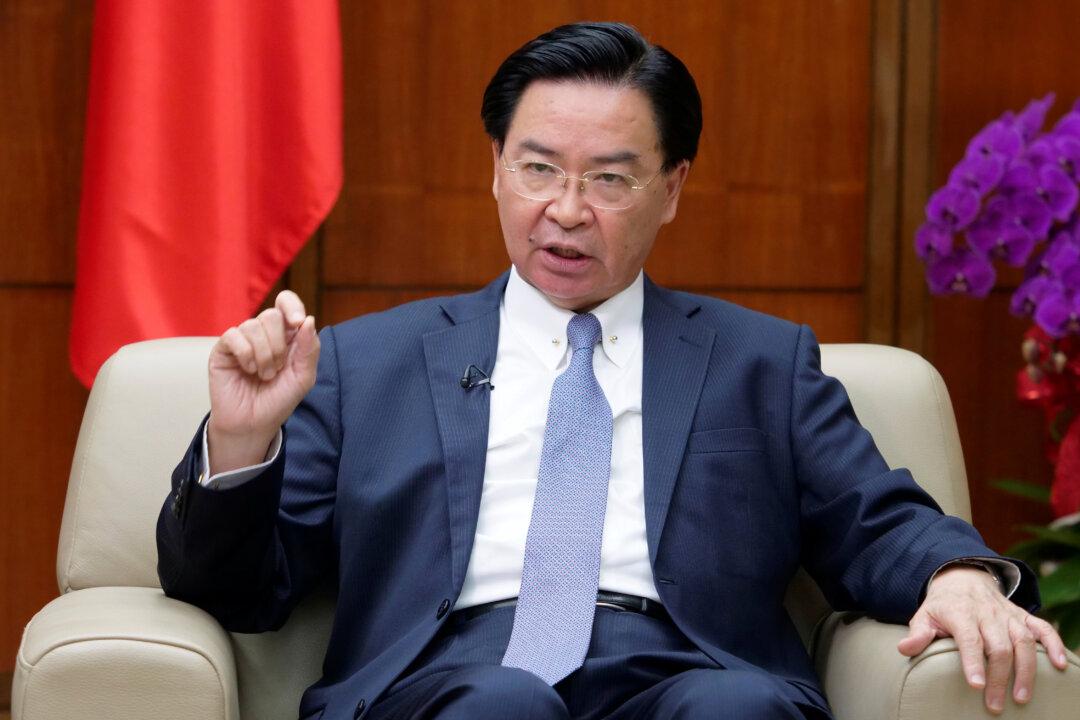The Taiwanese foreign minister has called for an exchange of defence attaches to be stationed at their respective diplomatic missions.
“I think it is very important when the Australian government is paying so much more attention to the regional security issues for the two countries to be able to share their observations, their assessment of the situation,” Wu told The Australian newspaper on June 27.




